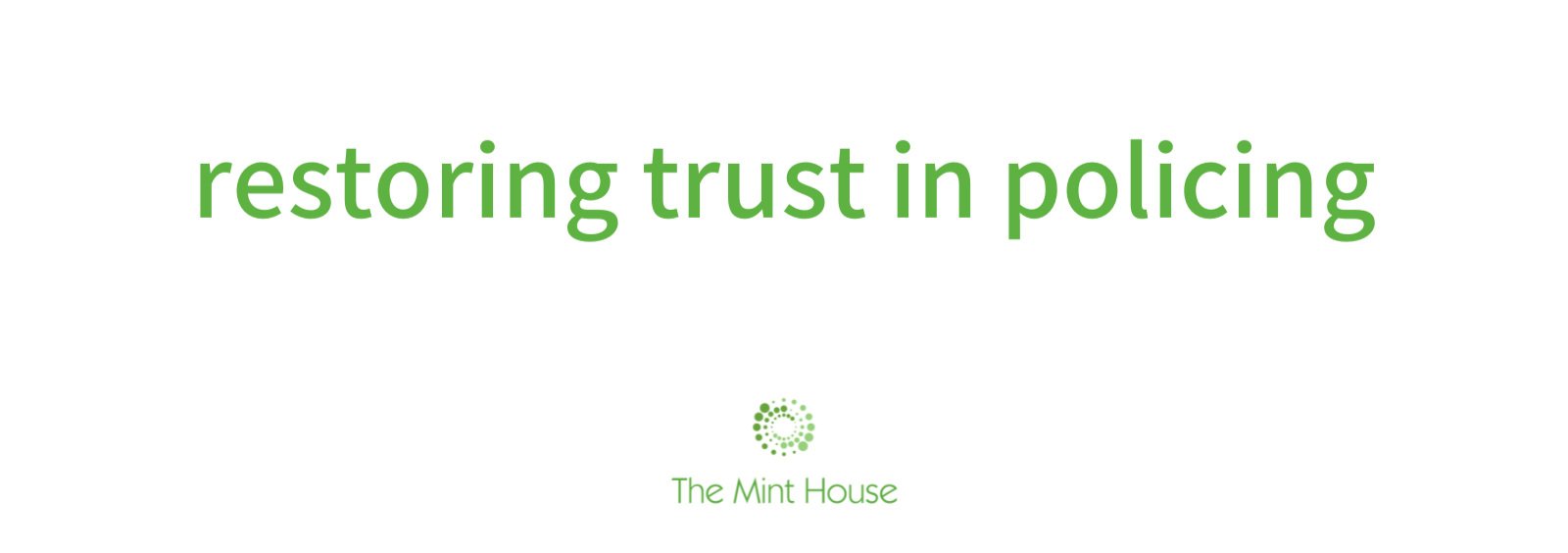by Rosie Chadwick
It was great to join people from all ‘corners’ of the criminal justice system at a research symposium hosted by the Criminal Justice Alliance for some thought-provoking talks and conversations on the theme of improving trust in the criminal justice system.
Perhaps not surprisingly, much discussion focused on declining trust in the police, with consequences including high levels of under-reporting of crime, declining feelings of public safety (with people not seeing the police as their protectors or confident that they will come when called) and – some argued – a rise in ‘penal populism’ fuelling a steep rise in the prison population.[1]
Recent surveys underline the decline in trust.
In a YouGov survey carried out in January 2023, 51% of Londoners said they didn’t trust the Metropolitan Police very much or at all, while only 6% said they trusted them “a lot”. The gap was even wider when the question was asked of ethnic minority Londoners.
Another regular YouGov survey asks people how much confidence they have in the police to deal with crime in their local area. In the latest ‘edition’ of the survey 38% of those responding said they had ‘a lot’ (4%) or ‘a fair amount’ of confidence (34%) compared with 54% who have ‘no confidence (17%) or ‘not very much’ confidence (37%). How much confidence Brits have in police to deal with crime (yougov.co.uk)
So far so depressing. On though to a workshop in the afternoon looking at how particular points of crisis in penal policy can sometimes be a trigger for positive change based on a recognition that ‘something must be done.’
We clearly need to do something to rebuild trust in the police. That something needs to be at an institutional level, rather than allocating blame to individual officers or units. I look forward to hearing more from Kerry Clamp and Paul Mukasa about the role restorative policing might play in this rebuilding effort at our event later this week.
[1] Official projections show the prison population in England and Wales rising from 83,687 currently to 94,400 by March 2025 and between 93,100 and 106,300 by March 2027.
You can watch a recording of the event ‘Restorative policing: where next?’ on our event recordings page and YouTube channel:

